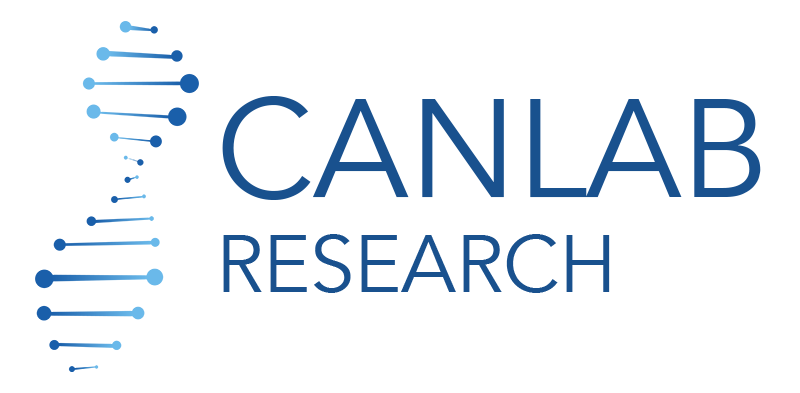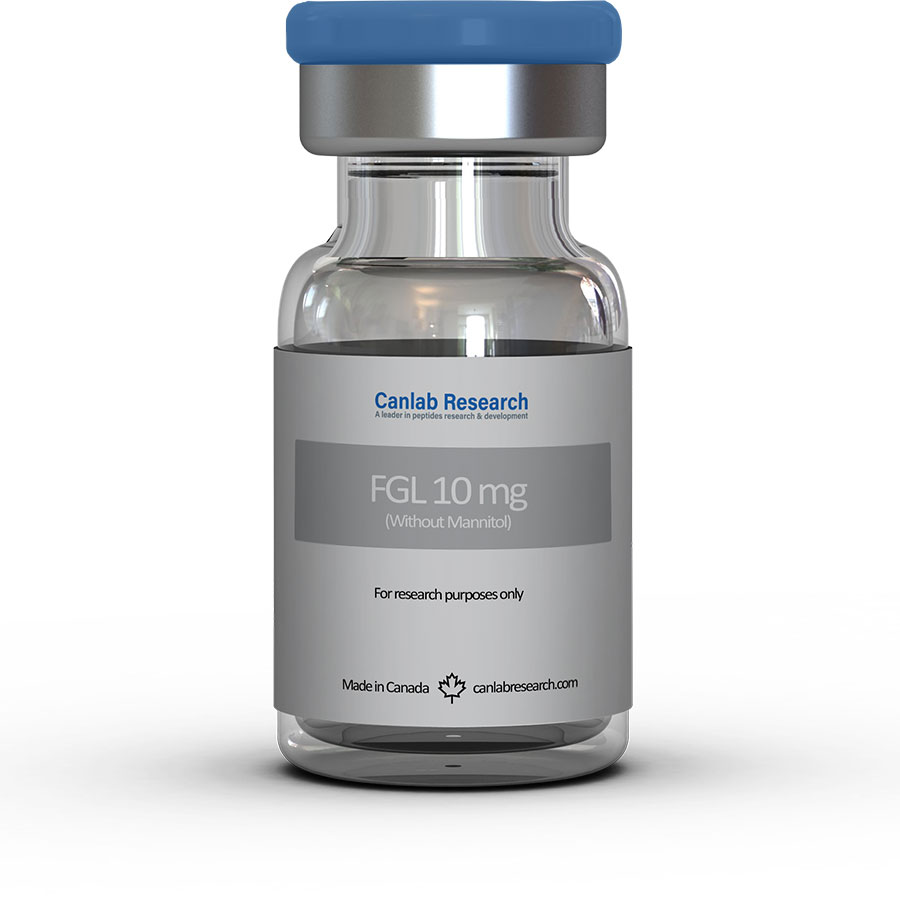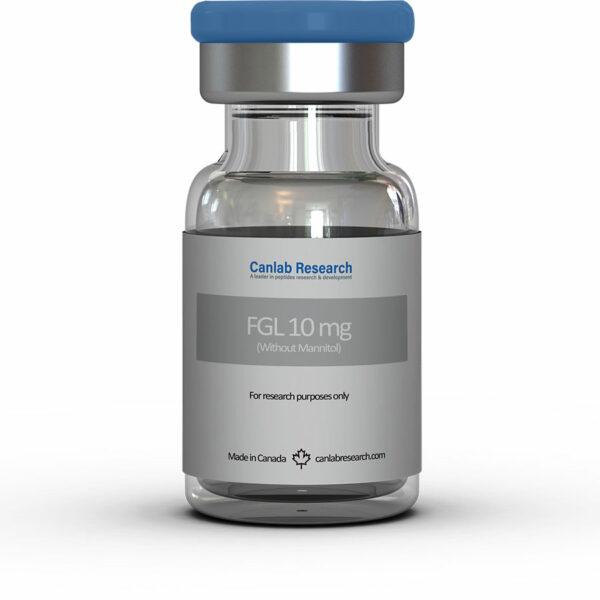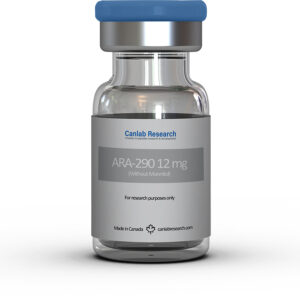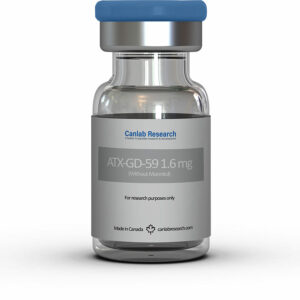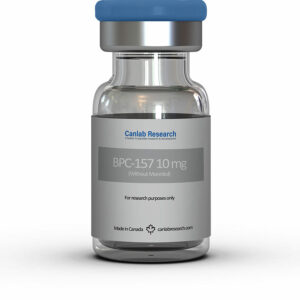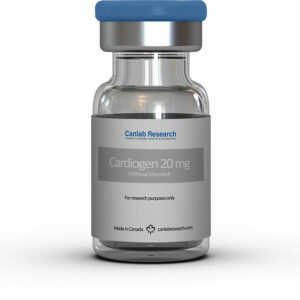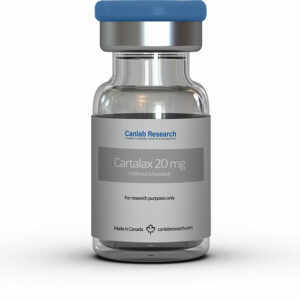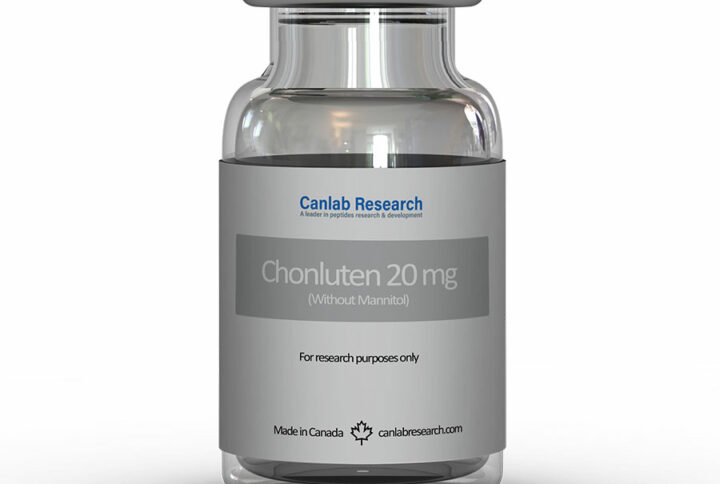FGL 10 mg (Without Mannitol)

-
Worldwide Shipping
-
Delivers in: 3-7 Working Days Shipping & Return
FGL, a peptide derived from the neural cell adhesion molecule (NCAM), originates from glycoproteins present on the surfaces of neurons and glial cells, which provide support to neurons. Activated by NCAM, FGL stimulates the development of new projections in growing neurons.
Playing a significant role in the establishment of synapses between neurons, FGL enhances synaptic plasticity and neuronal growth. This dual impact, along with improved synaptic transmission, facilitates the encoding of information, ultimately enhancing learning and memory. Additionally, FGL’s ability to protect and preserve neuronal cells positions it as a crucial peptide for potentially treating various conditions that impact cognitive function.
Within our brains, synaptic connections—synapses—number in the trillions and govern all cognitive functions. Their activity pattern continually adjusts, a phenomenon termed “synaptic plasticity,” pivotal for learning and memory. Synaptic plasticity reflects synapses’ capability to strengthen or weaken in response to changes in activity levels.
Memory impairment and cognitive deficiencies, including those seen in autism and Alzheimer’s disease, are often associated with alterations in synaptic plasticity mechanisms. Studies demonstrate that a small peptide derived from a neuronal protein involved in cell-to-cell communication—FGL or Fibroblast Growth Factor—can enhance synaptic plasticity, potentially addressing these cognitive challenges.
